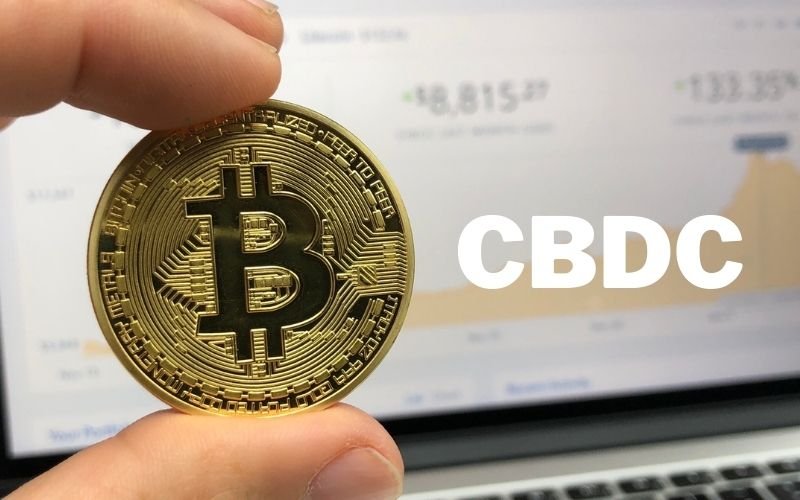Central Bank Digital Currencies (CBDCs): A Trojan Horse for Global Citizens, Warns Cato Institute President
According to Peter Goettler, the President of the Cato Institute, Central Bank Digital Currencies (CBDCs) represent a significant threat to citizens worldwide. Goettler, who has led the libertarian think tank since 2015, believes that CBDCs are a direct response to the rise of cryptocurrencies.
He points out that cryptocurrencies offer individuals the ability to transact outside the traditional financial sector, ensuring more privacy. However, governments are reacting to this innovation by pursuing the opposite approach: seeking greater centralization, surveillance, and control.
Goettler, drawing from his experience as a former executive at Barclays, argues that CBDCs are unsuitable for safeguarding individual freedom and privacy, despite claims made by international banking cartels. He suggests that these digital currencies are being hurriedly introduced solely to enhance the state’s power and control.
“The development of CBDCs is driven by governments seeking increased control and power. This threat to individual rights will naturally push people toward private alternatives, while governments will vigorously suppress such alternatives, as they undermine the control and power CBDCs provide.”
Moreover, Goettler disputes the claims of CBDC proponents who argue that the new system will maintain reasonable levels of anonymity and privacy. He asserts that allowing anonymous transactions would nullify all the alleged benefits of CBDCs. The only way for CBDCs to offer any form of privacy mechanism would be to disregard existing anti-money laundering (AML) laws, which Goettler deems unrealistic.
“While some proponents believe that CBDCs can be designed to protect privacy, this notion is naive. Government officials cannot reap the supposed benefits of CBDCs if anonymous transactions are enabled. Furthermore, this perspective ignores the fact that CBDC benefits will be diminished if alternative payment options exist. For example, governments would lose the ability to monitor citizens’ spending if they can use cash instead of CBDCs.”
Goettler also expresses doubt that governments would implement CBDCs with fewer requirements than those imposed on private firms in the name of safety and security. The only way CBDCs could provide a privacy advantage over traditional mediums of exchange is if governments abandon the existing anti-money laundering (AML) framework. However, it is highly unlikely that central bankers would engage in anonymous transactions with the public, as governments have already outlawed such practices for private financial institutions.
In summary, the Cato Institute President warns that CBDCs pose a significant threat to individual freedoms and privacy, with governments seeking increased control and power. While proponents argue for privacy protection, Goettler asserts that anonymous transactions would undermine the intended benefits of CBDCs and clash with existing regulatory frameworks.
Read Also: Alleged Crypto Scam: Ohio Man Hit with $54 Million in Penalties by CFTC


Comments are closed.